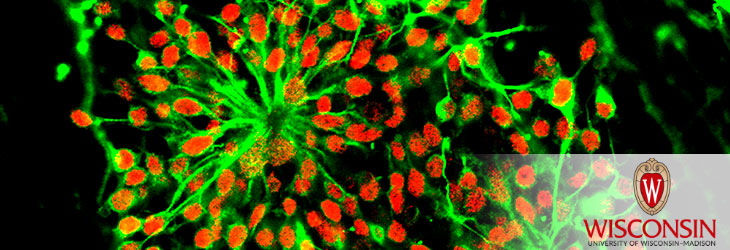
UW-Madison researchers have developed methods for using mesenchymal stromal cell (MSC)-derived exosomes to promote ligament and tendon healing, including improvements to the mechanical properties of the tissue. The inventors tested the effect of treating a medial collateral ligament (MCL) injury in mice using exosomes generated in different ways, with testing for improved mechanical properties, which is the gold standard metric. A low dose of exosomes did not improve the strength of the healing ligament (consistent with the findings of WARF P170220). The inventors hypothesized that preconditioning MSCs before exosome production with inflammatory factors would modulate exosome behavior and influence downstream healing, so they compared the effects of exosomes from MSCs preconditioned with nothing (normal exosomes), TNF, or CRX (an LPS analog that was useful in generating exosomes for a different treatment model, see P170215 and P200327). They were surprised to find that treating the MCL model with a higher dose (than tested in P170220) of ‘normal’ exosomes (made without preconditioning) improved ligament mechanical properties (strength, etc). Giving a second dose did not further improve healing, nor did the ligaments improve when treated with exosomes from the preconditioned MSCs.